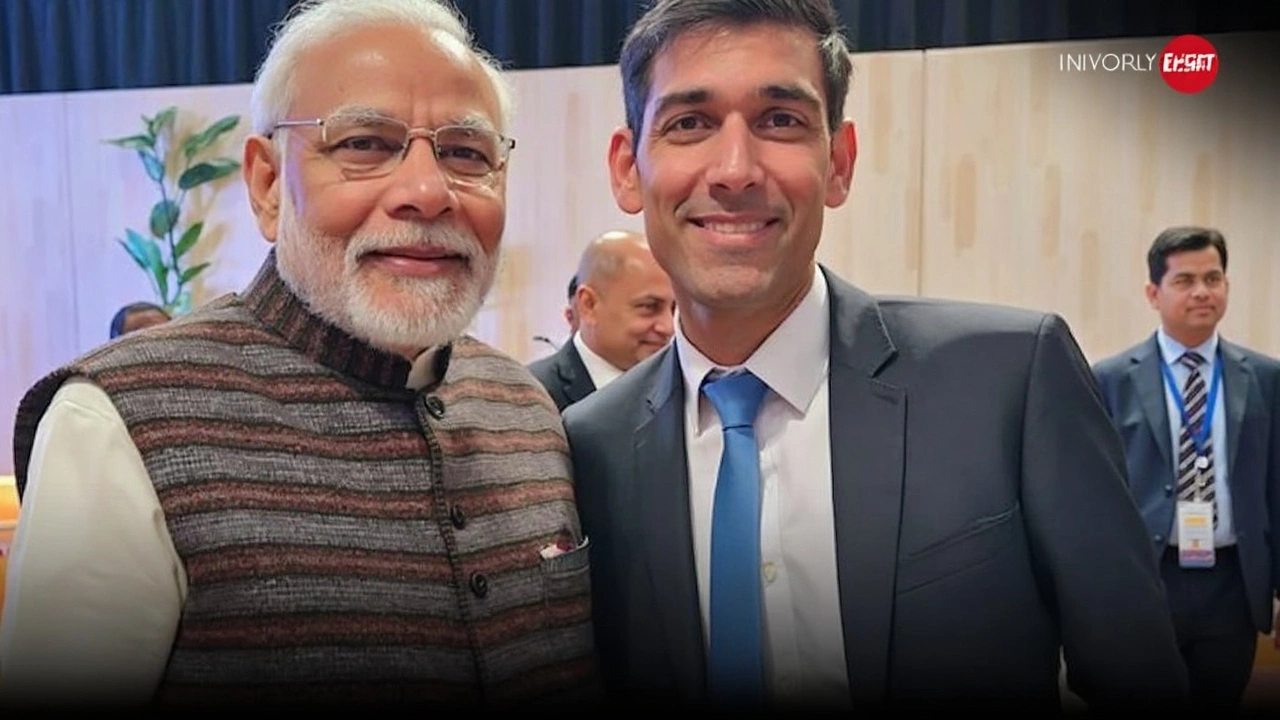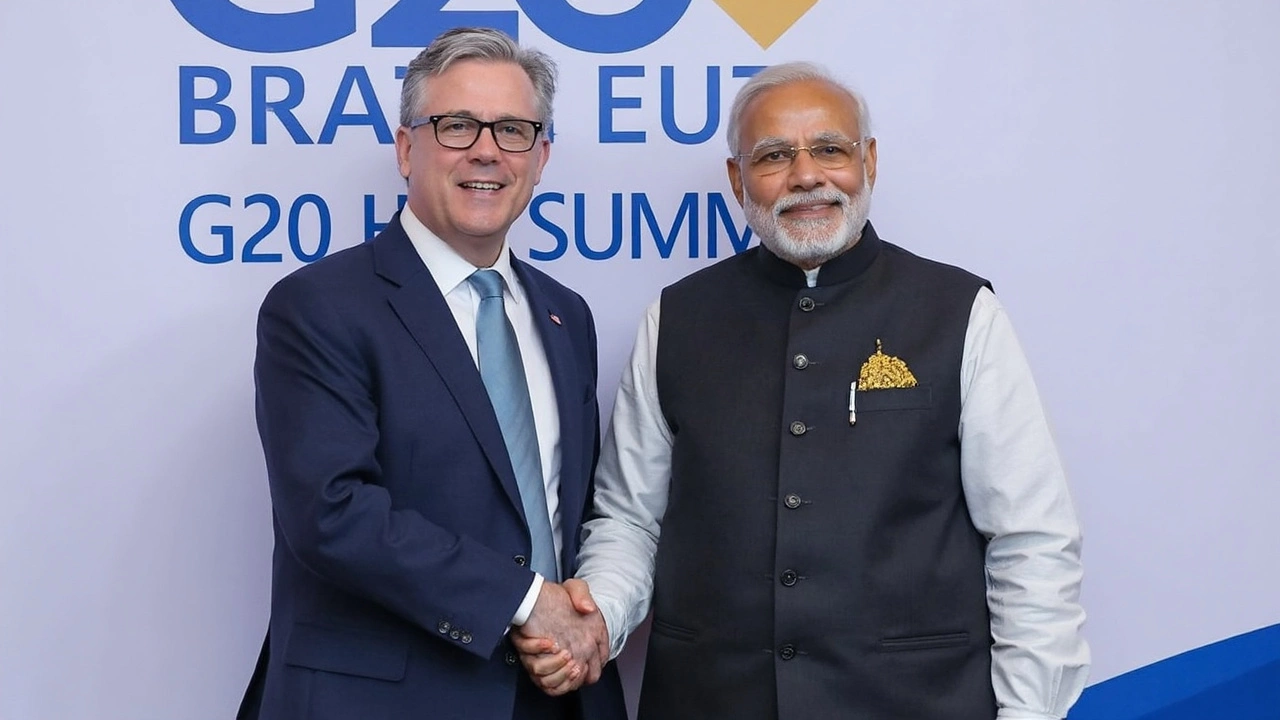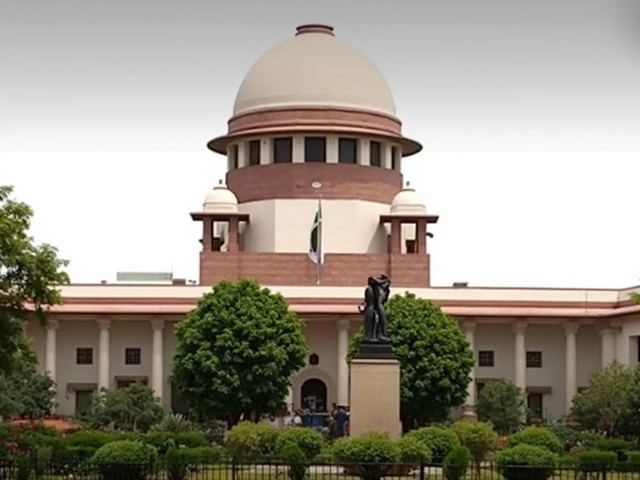India-UK FTA: What It Means for Traders, Travelers & the Economy
India and the United Kingdom are on the brink of sealing a free trade agreement that could change how we buy, sell and travel between the two countries. If you run a small business, shop for British goods, or plan a holiday to London, the deal has something for you. Let’s break down the main points, the likely benefits, and the hurdles that could slow things down.
Key Provisions of the India‑UK FTA
First off, the agreement focuses on cutting tariffs on a wide range of products. Things like Indian textiles, tea, and pharmaceuticals could see lower import duties when they land in the UK, while British cars, machinery, and luxury foods might enjoy the same treatment in India. This tariff reduction aims to make prices more competitive for both sides.
Second, services get a big push. The UK’s financial services, education, and digital sectors are looking for easier market access, while India wants a smoother path for its IT, engineering, and healthcare services. The FTA includes provisions for mutual recognition of professional qualifications, which could mean easier licensing for doctors, accountants, or teachers moving between the two nations.
Third, investment rules are being tightened. Both governments want transparent, predictable frameworks that protect investors and address disputes quickly. This should give companies the confidence to set up joint ventures or expand operations without fearing sudden policy shifts.
Lastly, the agreement plans to streamline customs procedures. Expect faster clearance, more digital paperwork, and coordinated inspections, which can cut shipping delays—a win for perishable goods like fresh produce or medicines.
How the Deal Impacts You
If you’re a retailer, lower tariffs could translate into cheaper stock from the partner country. That means you might see more British cheese on Indian shelves and more Indian spices in UK supermarkets, often at a price that feels like a bargain.
For professionals, mutual recognition means you could practice in the other country with fewer hurdles. An Indian software engineer might land a project in London without re‑qualifying, while a UK nurse could take a job in Delhi’s private hospitals more easily.
Travelers will notice smoother visa processes and possibly more direct flights as airlines respond to increased demand. Some tourism boards are already promoting joint packages that combine Indian heritage tours with UK city breaks.
Small‑scale exporters should start preparing now. Review your product classifications, check if your goods qualify for tariff cuts, and consider partnering with logistics firms that specialize in UK‑India routes. Early movers can capture market share before competition ramps up.
However, the agreement isn’t a free ride. Certain sectors—like agriculture in the UK and some heavy industries in India—are sensitive to competition, and the negotiations include safeguard clauses that could re‑impose duties if domestic markets are threatened. Keep an eye on any announcements about safeguard mechanisms, as they could affect pricing and market access.
In short, the India‑UK FTA promises cheaper goods, smoother services, and more investment opportunities, but it also requires businesses and professionals to stay alert to regulatory changes. By understanding the key provisions and preparing early, you can turn this trade deal into a real advantage for your everyday life or your bottom line.
India-UK Free Trade Pact Faces Election Delay as Negotiations Pause
The India-UK free trade deal has hit pause, with negotiations expected to resume after India's Lok Sabha elections. Both governments remain committed, but unresolved issues on goods and investment are holding things up. Meanwhile, India just clinched a major European FTA.
India-UK Free Trade Agreement Cuts Tariffs on 90% of Goods, Targets £25.5 Billion Trade Boost
India and the UK have locked in a free trade agreement after three years of talks, sweeping away tariffs on 90% of traded goods. The deal is set to pump up bilateral trade by £25.5 billion each year and doubles down on sectors like manufacturing, clean energy, and medical devices while making life easier for Indian professionals in Britain.






